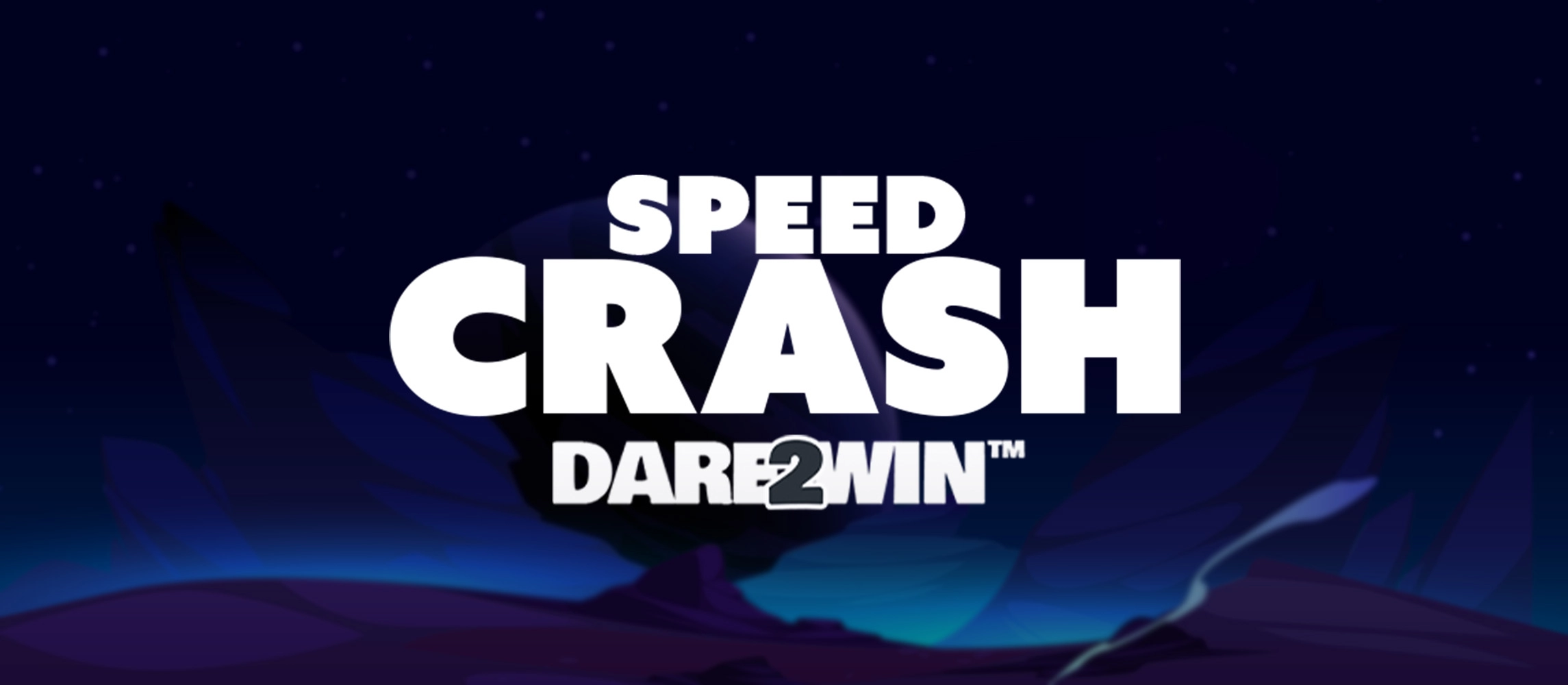【Feel the Beat slot】Hottest Casino Games Launched in September 2024

Take a look at the hottest online slots and Feel the Beat slotcasino games launched in September 2024 by top software providers.
Every month is filled with new and exciting momentsthat keep you fueled for the days to come. The regular refuelling of the online casino industry includes launching new casinos, online slots, crash titles, and other casino games.
If you’ve been wondering how to fill the upcoming days with excitement, then here are a couple of new releases you need to try.
Take-Off! by IGT

Take-Off! is a new crash game by IGT. Prepare to take flight across your desktop or mobile for a maximum payout of 2,500 times your bet. This medium-volatility crash game comes with an RTP of 96%. It can be played from between 1.00 to 100.00 per game round.
As a crash game, it doesn’t have traditional bonus features, but it does offer a cash-out buttonyou can hit at any time and increasing multipliers.
Top Eagle by BGaming

Crash games have been quite the highlight of this month, with BGamingalso launching a crash game. This exciting airship-themed game gives you a unique birds-eye view. Get ready to take flight and avoid the crash for maximum payouts of 10,000 times your stake.
Top Eagle is a high-volatility game that can be played from 0.10 per gameacross all desktop and mobile devices. The title offers a return-to-player percentage of 97%, setting the house edge at around 3%. It comes with some exciting features, including six different plane skinsthat can be unlocked with every new multiplier milestone reached.
Willy Wonka Pure Imagination by SG Digital

If you’re feeling nostalgic, you may want to take a trip down memory lane and join SG Digitalback in the Chocolate Factory with Charlie and Willy Wonka. This exciting slot game is of high volatility and features 40-75 paylines. Take spins from 0.25 to trigger a maximum payout of 5,000x.
Willy Wonka Pure Imaginationcomes with an Oompa Loompa feature, free spins and, of course, the golden ticket. Unwrap the golden ticket to see if jackpot payouts are waiting.
Speed Crash Dare2Win by Hacksaw Gaming

Hacksaw Gaming’s Speed Crash Dare2Win makes it onto the list of new crash games. This high-volatility crash gameis playable from 0.10 per bet and offers maximum payouts of 10,000 times your stake.
The game forms part of the Dare2Win collectionand takes you into space for some galactic game rounds. Features include an increasing multiplierand Autoplay or Turbo Play options.
Lightning Storm by Evolution

You may want to step into the Lightning Storm from Evolutionfor some interesting live casino game entertainment. This exciting live-action gamehas plenty to offer, starting with a well-dressed game host and a 39-segment DigiWheel. You can also look forward to five different bonus games, which allow for immersive game entertainment.
The bonus games include the Lightning Round, Hot Spot, Monster Mash, Battery Charger, Fireball and Lightning Storm. Enjoy some crazy professor moments as you try to conjure up crazy wins of up to 20,000 times your stake.
40 Lucky King Extreme Bell Link by EGT Digital

If you enjoyed the 40 Lucky Kingand 40 Lucky King Bell Linkslot games, you don’t want to miss out on the 40 Lucky King Extreme Bell Link slot launched by EGT. The game is played on a 4x5 gridand has 40 paylines.
In terms of features, you can look forward to respins, free spins, and a multi-level mystery jackpot. With the combination of a classic design and progressive jackpot payouts, this exciting new high-variance slot is a must-play.
You can playthese online slots and casino games at home or on the goat any of our top recommended online casinos. If you want to find out more, be sure to read the dedicated reviews on each game and try it out in demo modehere on CasinoWow.
Don't forget to play responsibly and have a good time instead of chasing wealth!


